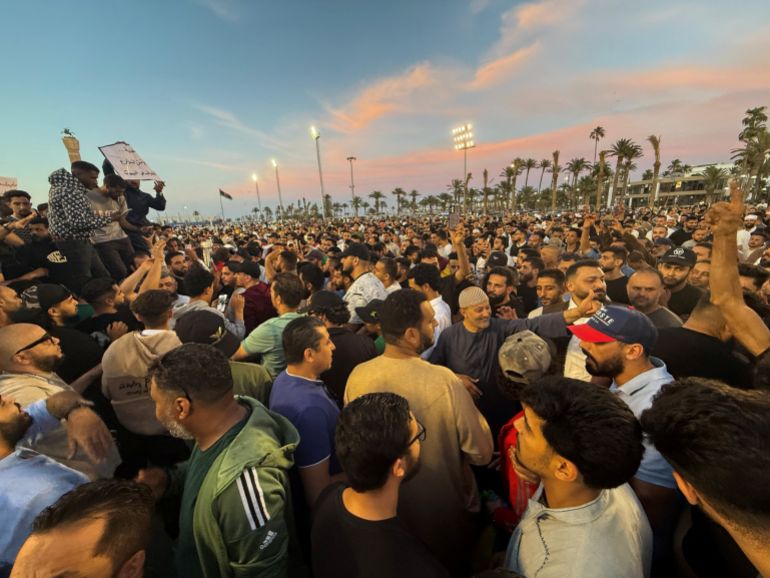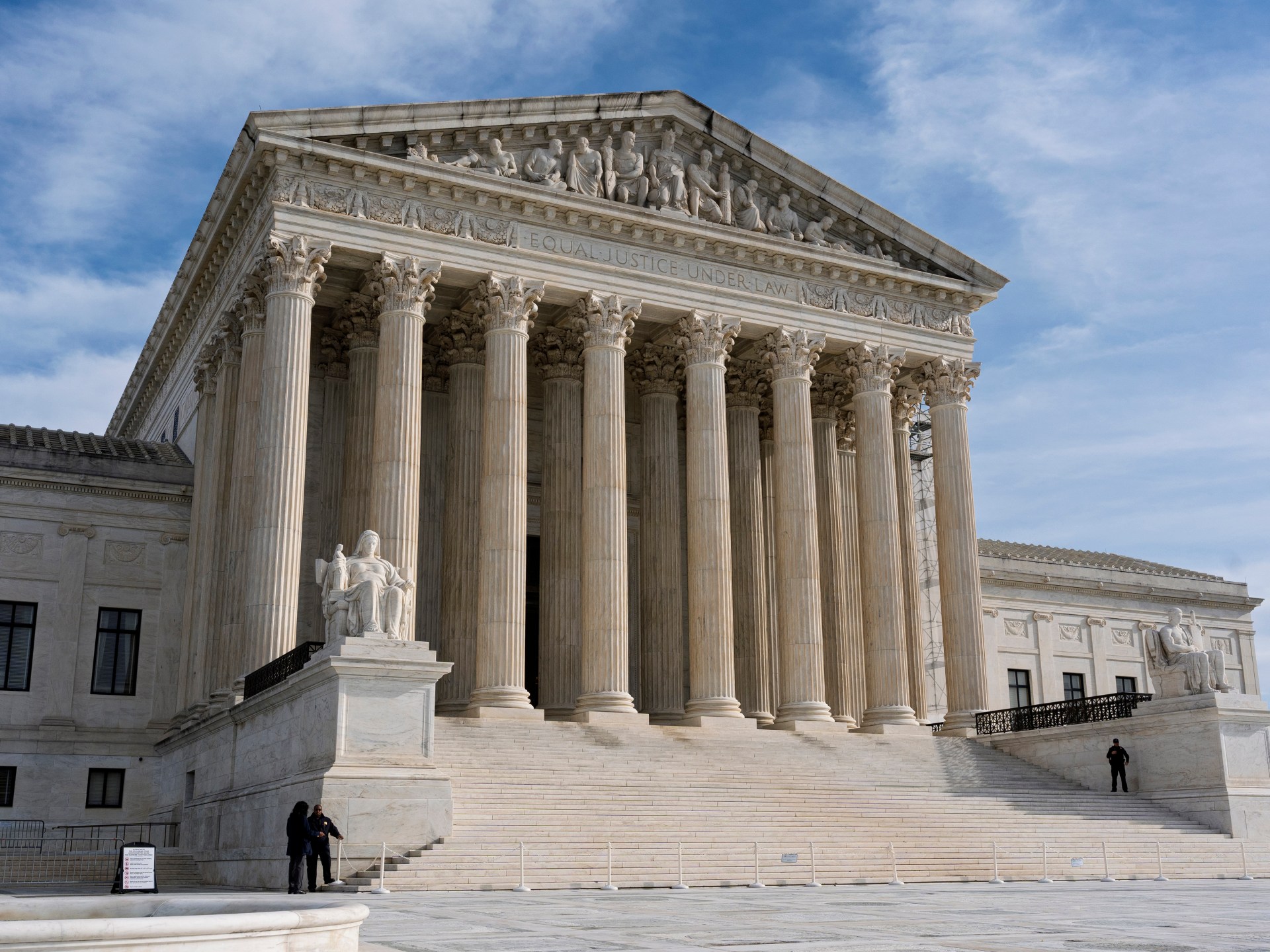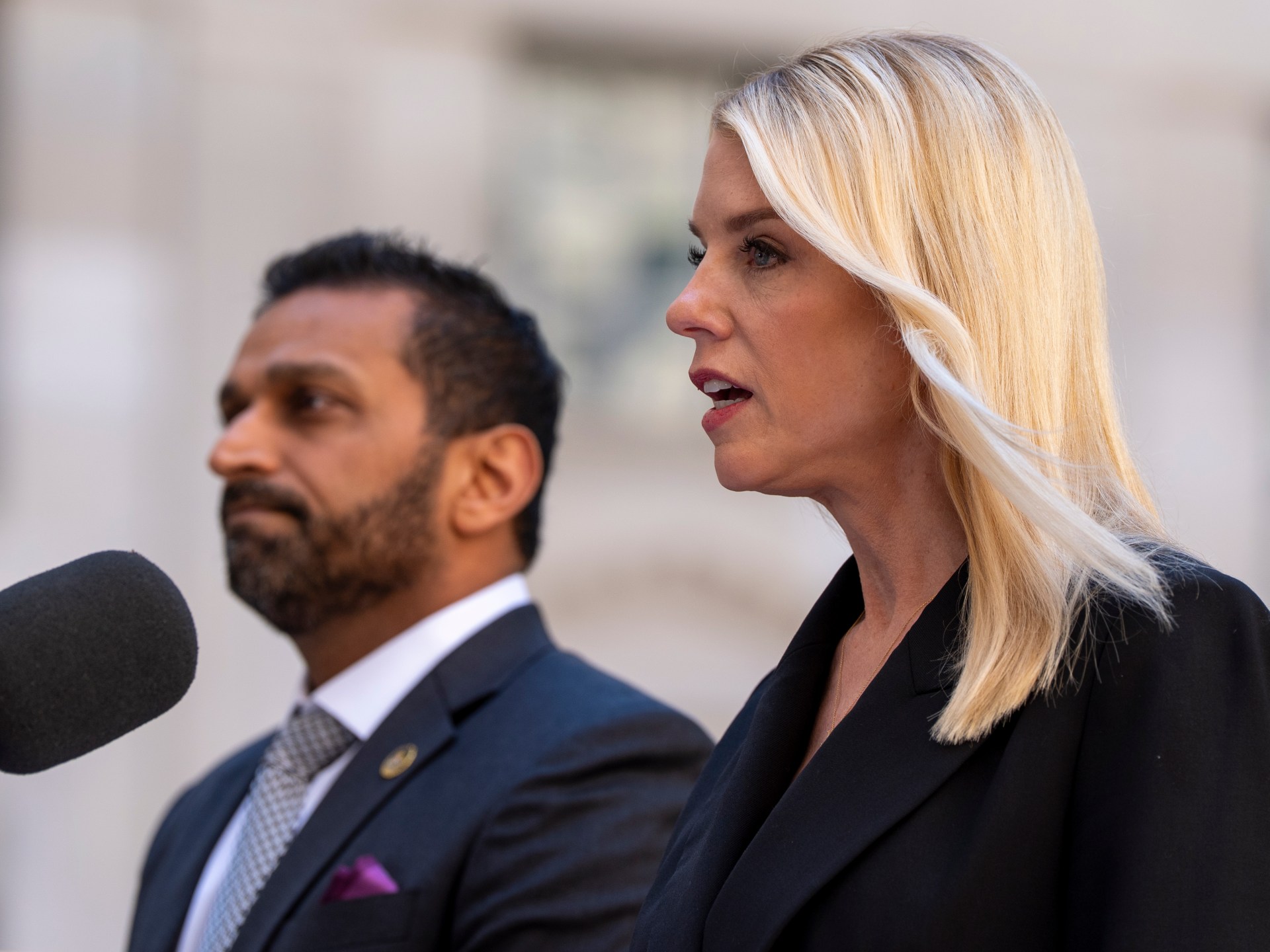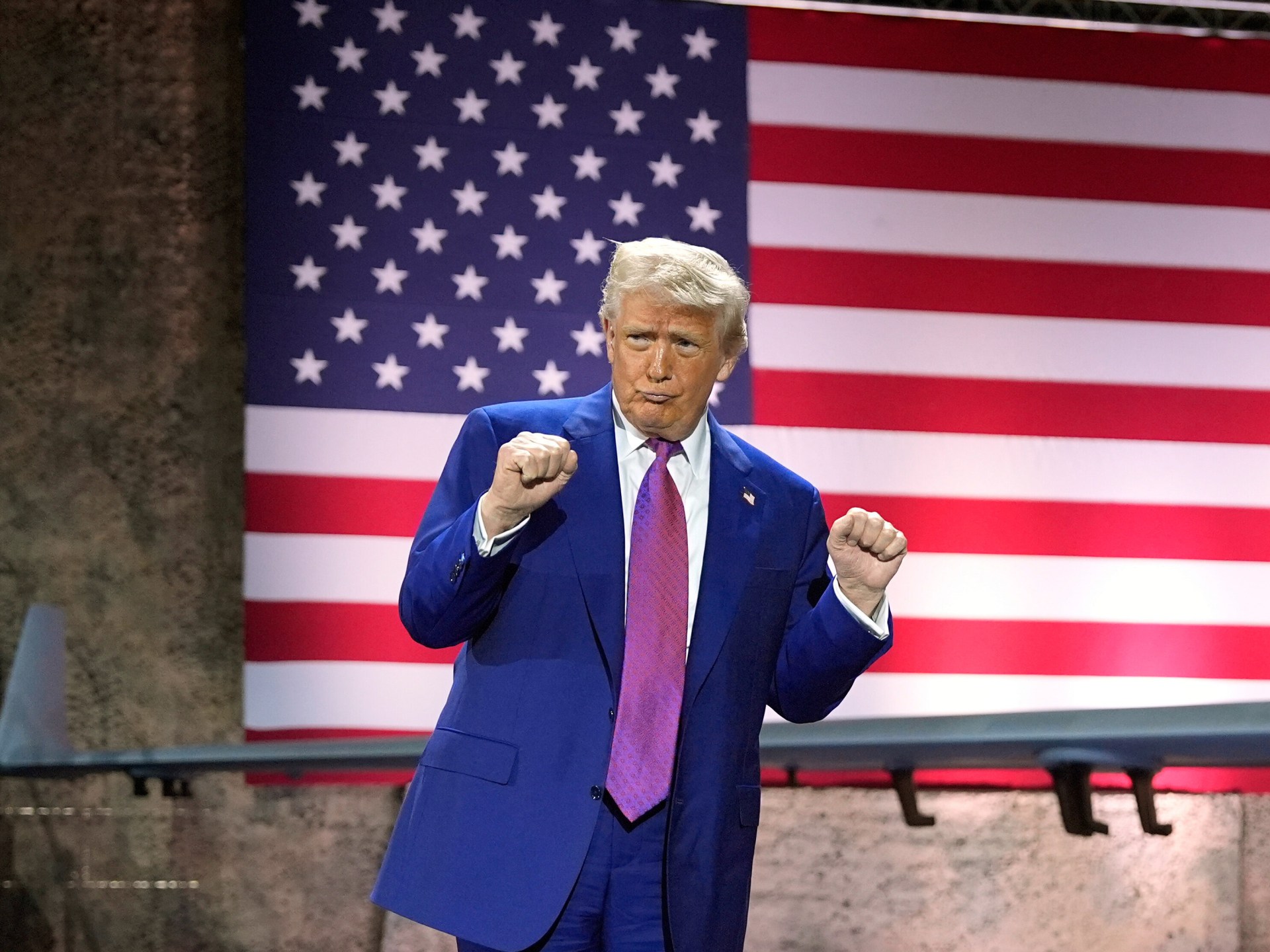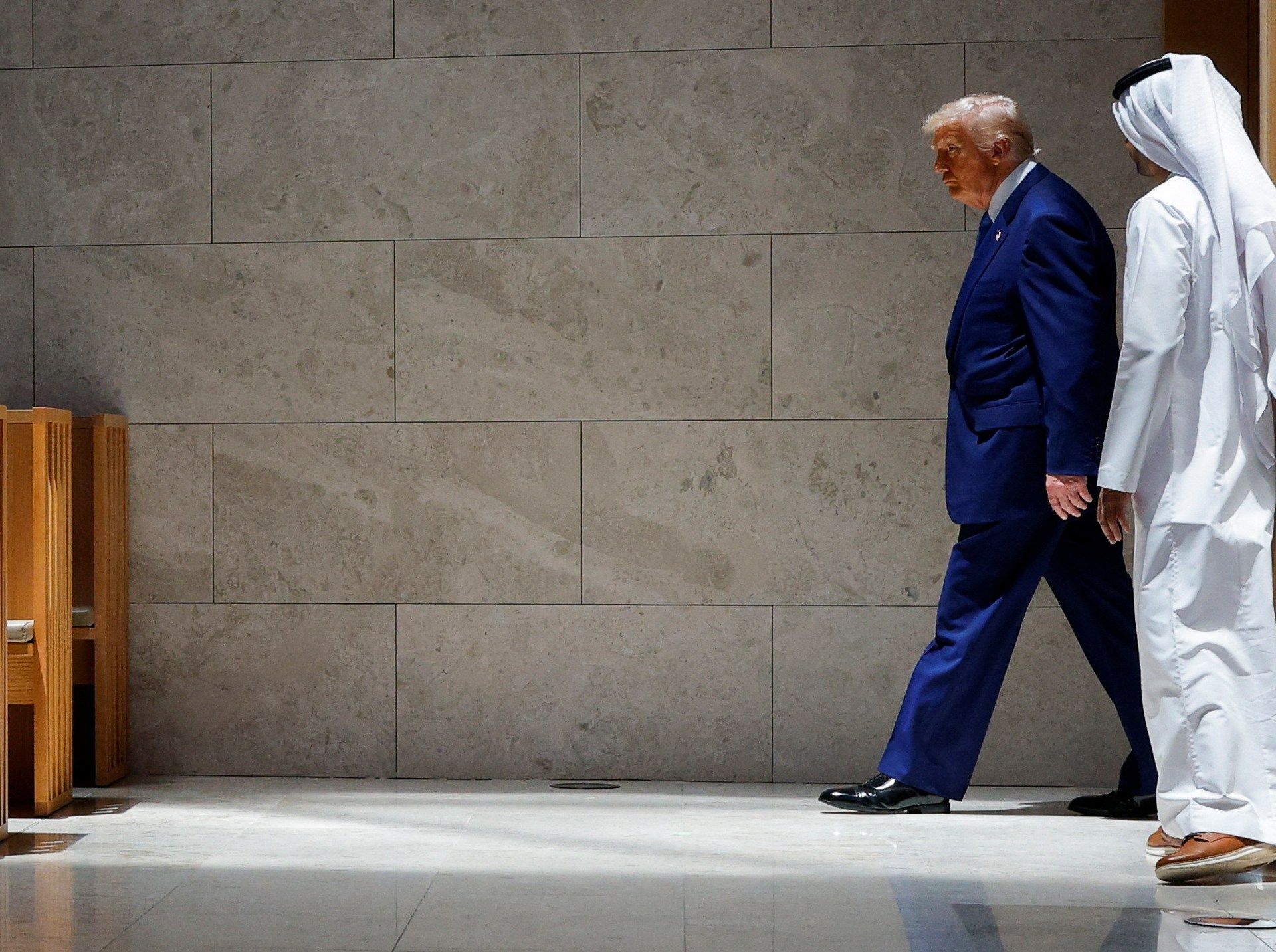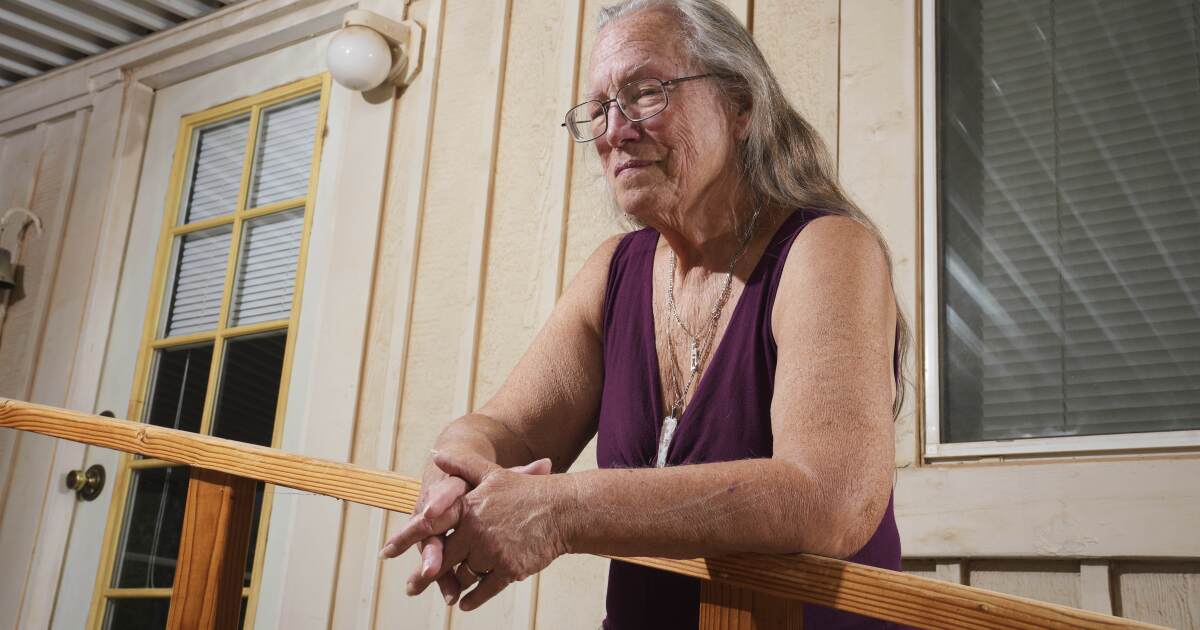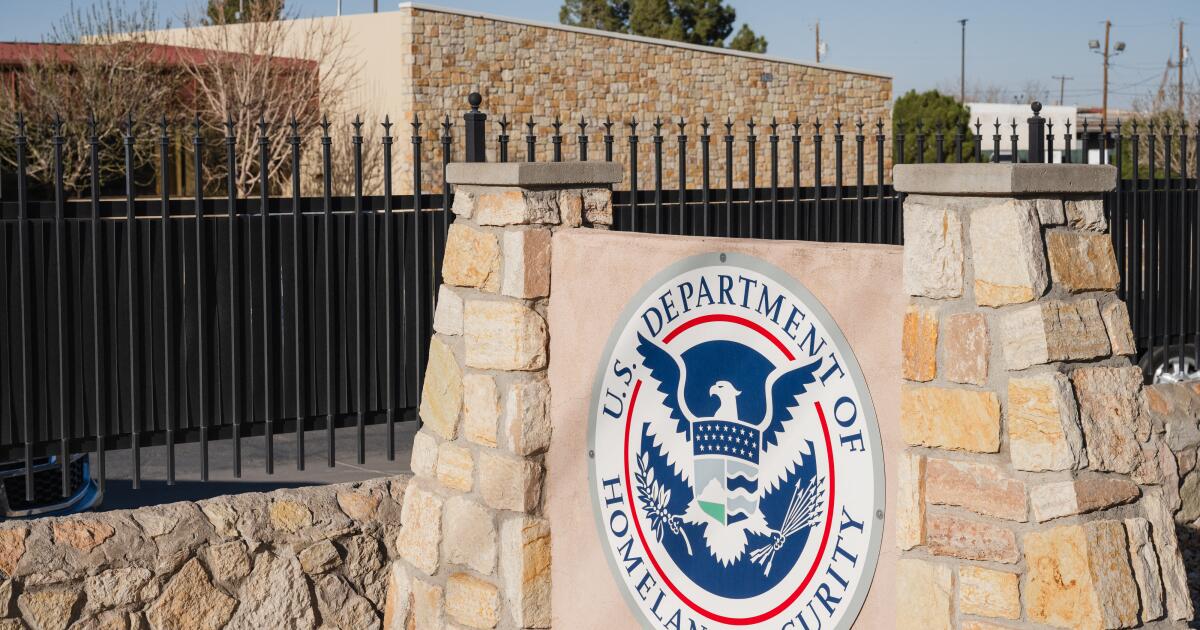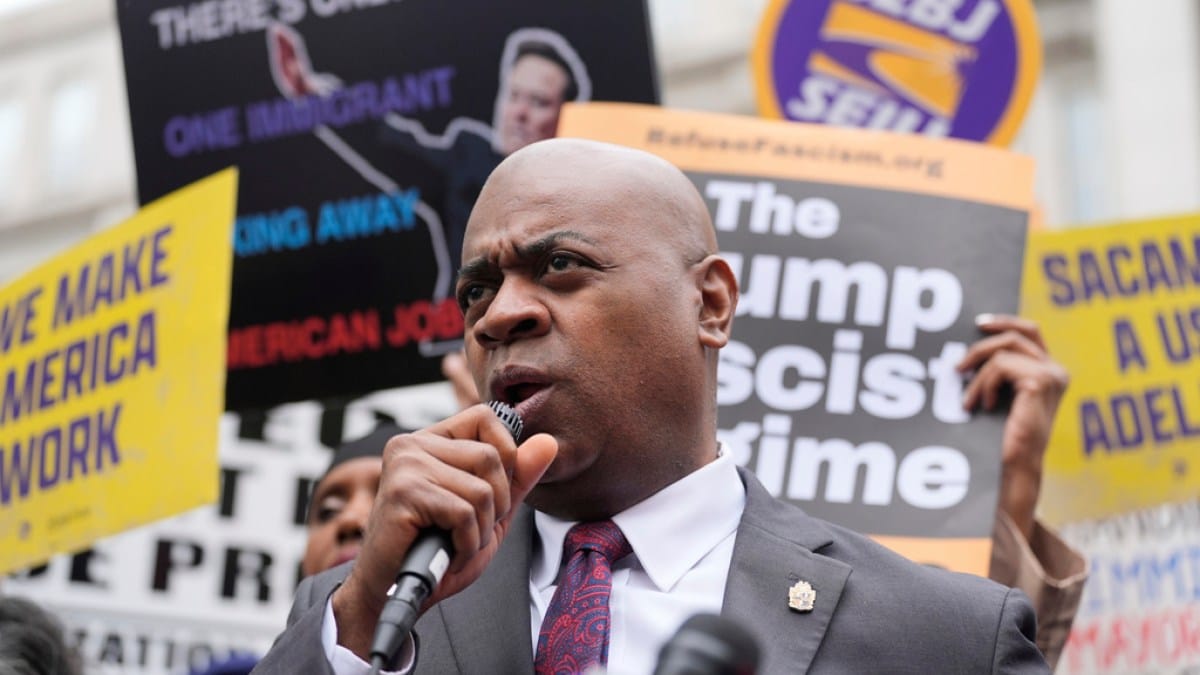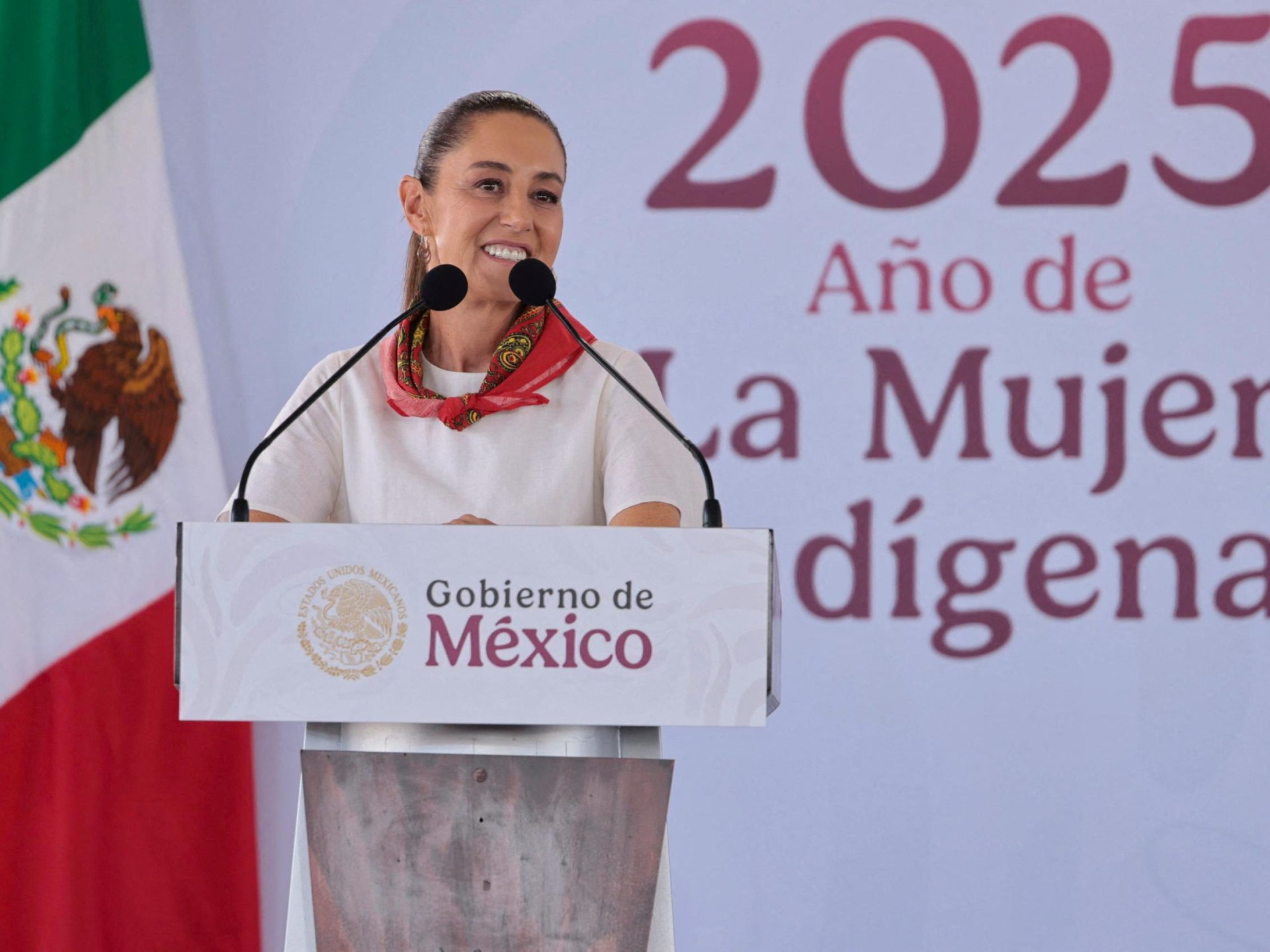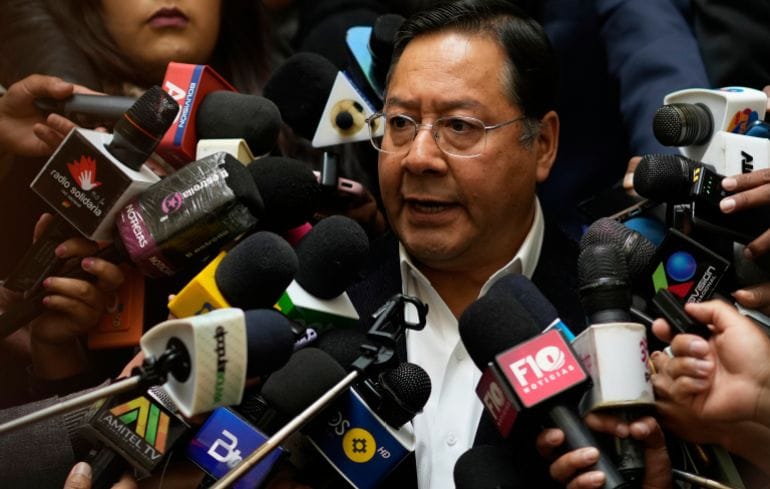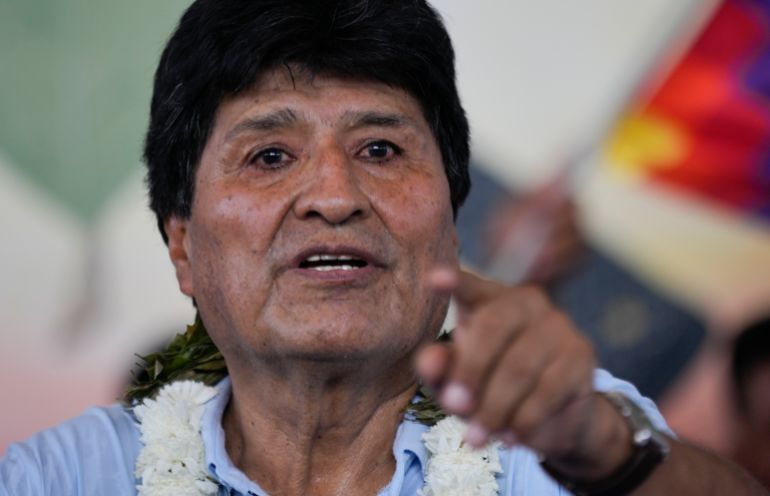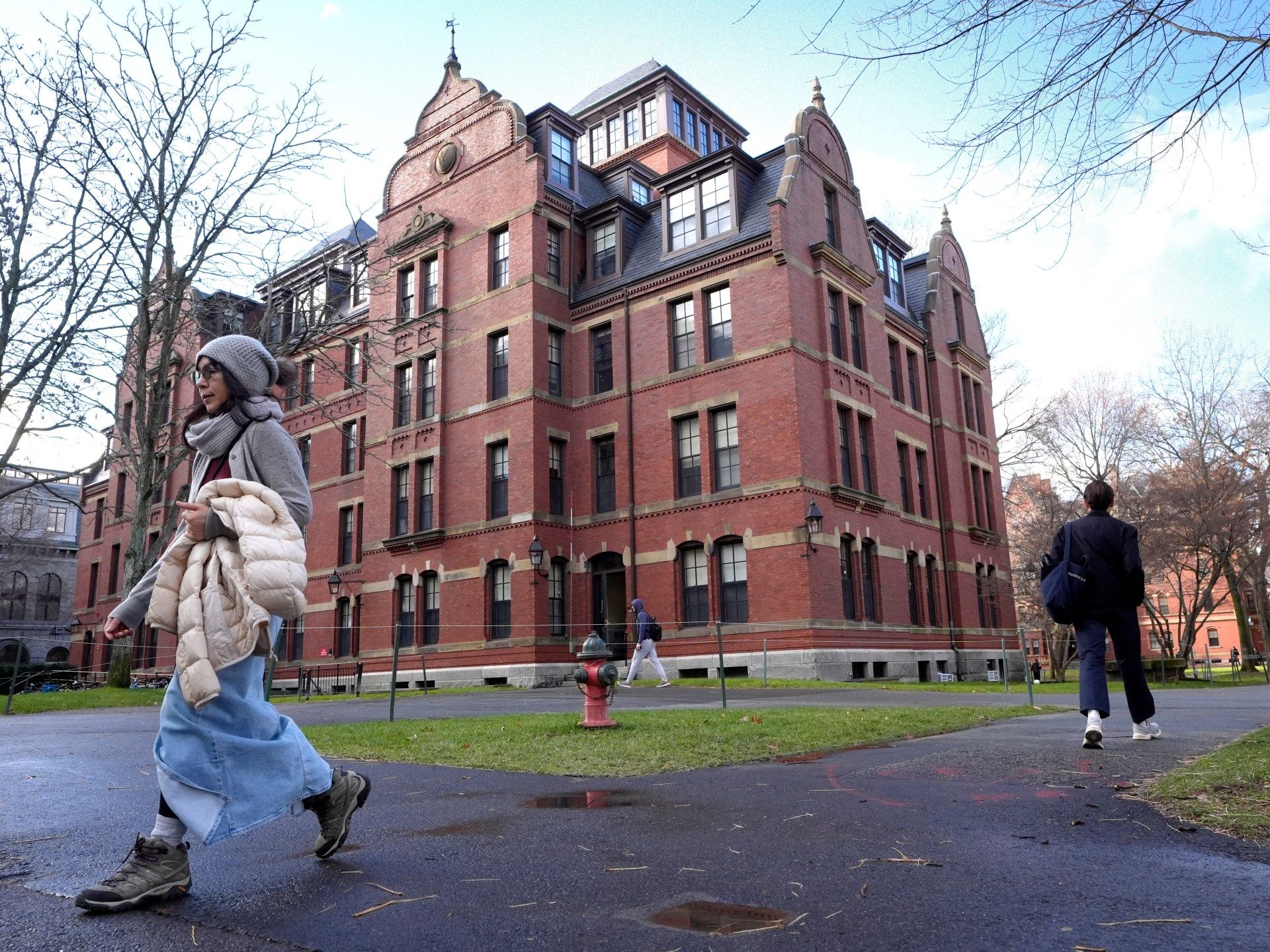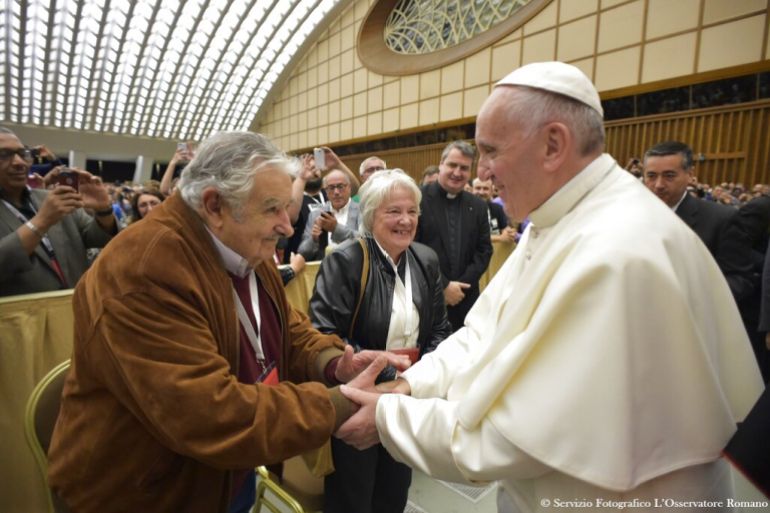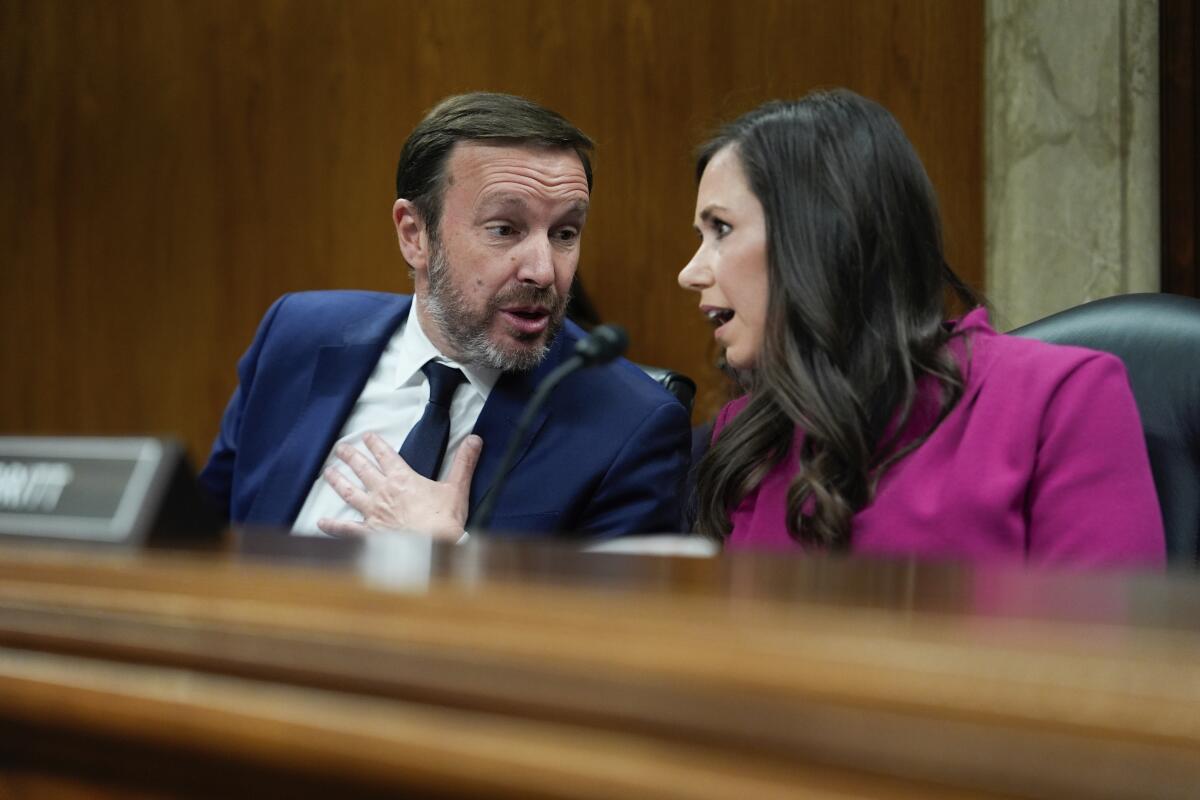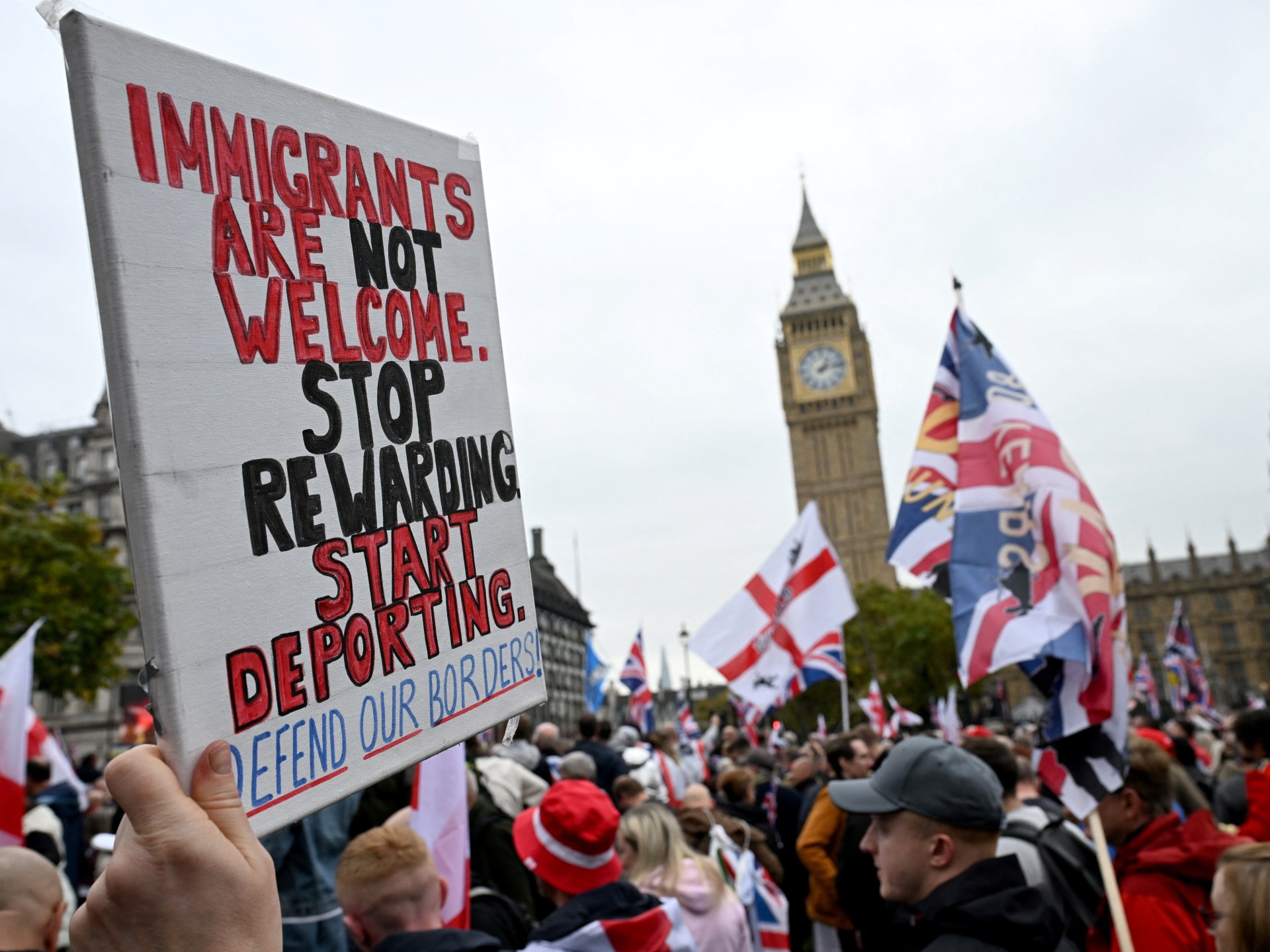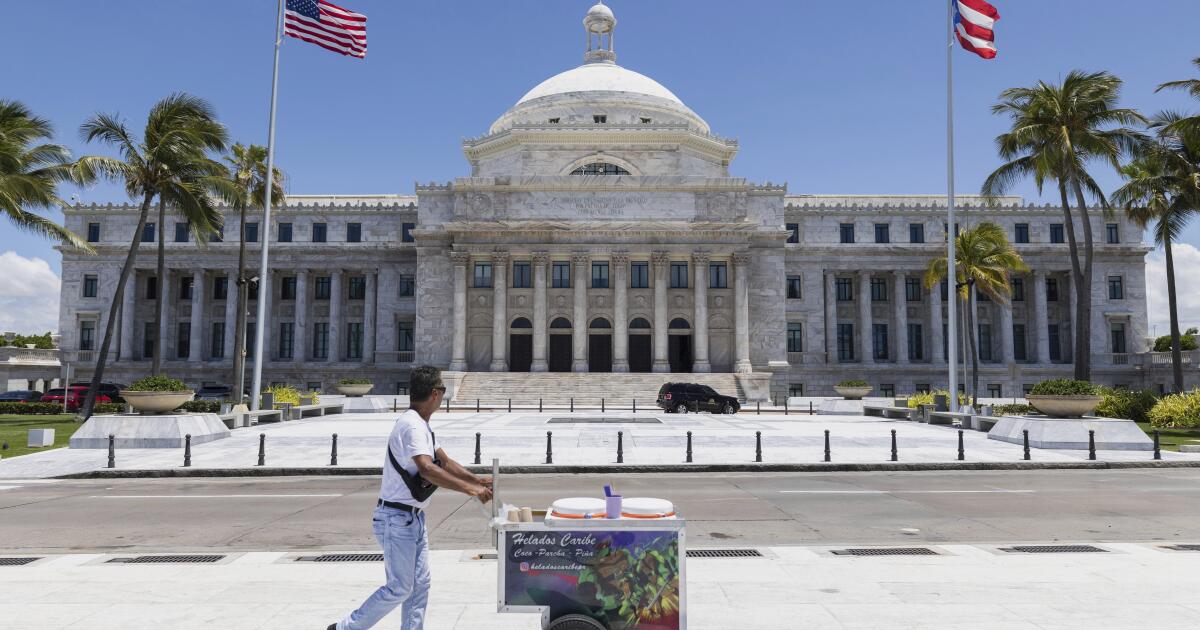Poland presidential election 2025: Polls, results, contenders | Elections News
Poland will hold the first round of voting in its presidential election on Sunday.
This is a hotly contested race between two main candidates – one from Civic Platform, the lead party in the ruling Civic Coalition, and the other an independent backed by the main opposition party, Law and Justice (PiS).
While much of the power rests with the prime minister and parliament in Poland, the president is able to veto legislation and has influence over military and foreign policy decisions. The current president, Andrzej Duda, who is from PiS, has used his veto to block reforms to the justice system that the government has been trying to enact for some time.
Furthermore, reports of foreign election interference have recently spooked voters who are primarily concerned with issues such as the Russia-Ukraine war, immigration, abortion rights and the economy.
Here is all we know about the upcoming vote:
How does voting work?
Polish citizens aged 18 or older can vote. There are about 29 million eligible voters. On Sunday, they will select a single candidate from a list of registered presidential candidates. If a candidate wins at least 50 percent of the vote, they win the election. If all candidates fall short of the 50 percent threshold, the country will vote in a second round for the two top contenders from the first round on June 1. The winner of that contest will become president. The election is expected to go to a second round.
Presidents may serve a maximum of two five-year terms in Poland. The current president reaches the end of his second term on August 6.
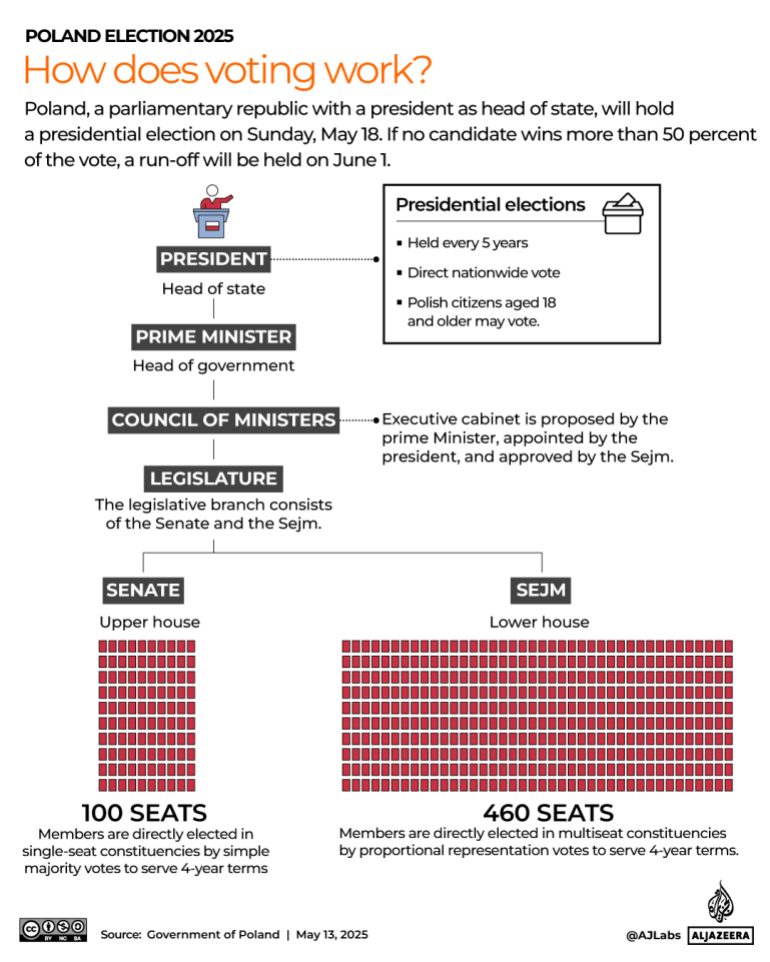
What time do polls open and close in Poland?
On May 18, polls will open at 7am (05:00 GMT) and close at 9pm (19:00 GMT).
What’s at stake?
In 2023, current Prime Minister Donald Tusk’s Civic Coalition ascended to power, ending eight years of rule by the PiS party’s government.
While Tusk promised to reverse unpopular judicial reforms enacted by PiS, President Andrzej Duda, a former nationalist ally of the party, has hampered Tusk’s efforts by using his presidential power to veto legislation.
What are the key issues?
Key issues dominating this election include the Russia-Ukraine war.
When the war first broke out in February 2022, Poland threw its full support behind Ukraine, welcoming more than one million Ukrainian refugees who crossed the border without documents.
On May 10, Tusk, alongside other European leaders, visited Kyiv and gave Russian President Vladimir Putin an ultimatum to enact an unconditional 30-day ceasefire in Ukraine.
However, relations between Poland and Ukraine have grown tense. Earlier this year, Polish farmers led protests, arguing the market had been flooded with cheap agricultural products from Ukraine.
There are also emerging reports of Ukrainian refugees facing discrimination in Poland, as well as resentment about welfare provided to them.
There have been growing fears of a spillover of Russian aggression to Poland due to its proximity to Ukraine. On May 12, the Ministry of Foreign Affairs in Warsaw said an investigation had revealed that Moscow’s intelligence agencies had orchestrated a massive fire at a shopping centre in Warsaw in May 2024.
Several candidates for the presidential election have proposed raising the defence budget to 5 percent of GDP.
Poles also have economic concerns about taxes, housing costs and the state of public transport.
Abortion is a key issue in Poland. Poland has some of the strictest abortion laws in Europe. Women are only allowed to have abortions in cases of rape or incest or if their life or health are at risk.
In August 2024, Tusk acknowledged that he did not have enough backing from parliament to deliver on one of his key campaign promises and change the abortion law.
Opinion is also split on whether LGBTQ rights should be restricted or expanded in the country.
The country is also divided over how involved it should be with the European Union (EU), with the PiS taking the stance that the country would be better off forming an alliance with the United States than the EU.
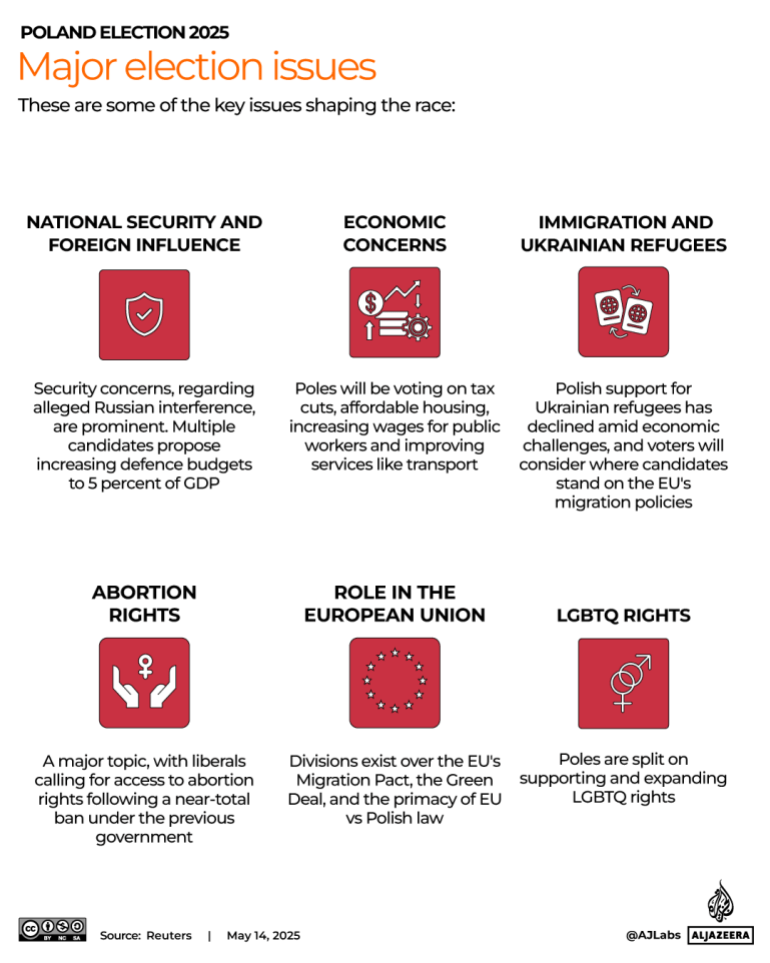
Who is running?
A total of 13 candidates are vying for the presidency. The top four candidates are:
Rafal Trzaskowski
Trzaskowski, 53, has been the liberal mayor of Warsaw since 2018 and is an ally of Tusk, affiliated with the PM’s political alliance, Civic Coalition. He is also a senior member of the Civic Platform party (PO), which heads the Civic Coalition. Trzaskowski was narrowly defeated by Duda in the 2020 presidential election.
During his time as mayor, he was lauded for investing in Warsaw’s infrastructure and culture. He proposes to increase defence spending to 5 percent of gross domestic product (GDP) and to develop Poland’s arms and technology industry.
Trzaskowski has liberal views. He is pro-Europe and one of his campaign promises includes strengthening Poland’s position in the EU. Another one of his pledges is to relax abortion laws, however, he has been quiet on this issue during the run-up to the presidential election. He has also been supportive of the LGBTQ community and has attended pride parades. This could alienate some more conservative voters who live outside urban centres.
For this reason, right-wing voters may vote against him in the second round of voting. Trzaskowski could also lose support from centrist and progressive voters, who are frustrated by Tusk’s inability to bring reform to abortion laws.
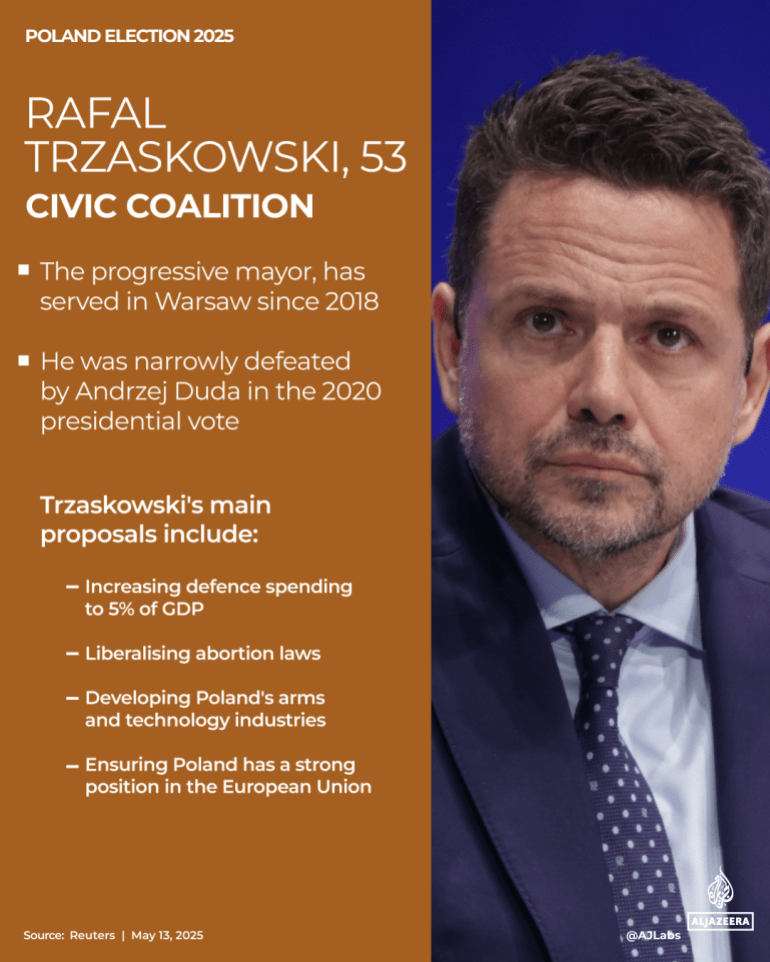
Karol Nawrocki
Nawrocki, 42, is a conservative historian standing as an independent candidate backed by the PiS party.
His academic work has been centred around anti-communist resistance. He currently administers the Institute of National Remembrance, where his removal of Soviet memorials has angered Russia. He administered the Museum of the Second World War in northern Poland from 2017 to 2021.
His campaign promises include lowering taxes and pulling Poland out of the EU’s Migration Pact and Green Deal. He also wishes to allocate 5 percent of GDP to defence. Nawrocki is critical of giving more rights to LGBTQ couples.
Nawrocki has had a fair share of controversies in the past. In 2018, he published a book about a notorious gangster under the pseudonym “Tadeusz Batyr”. In public comments, Nawrocki and Batyr praised each other, without revealing they were the same person.
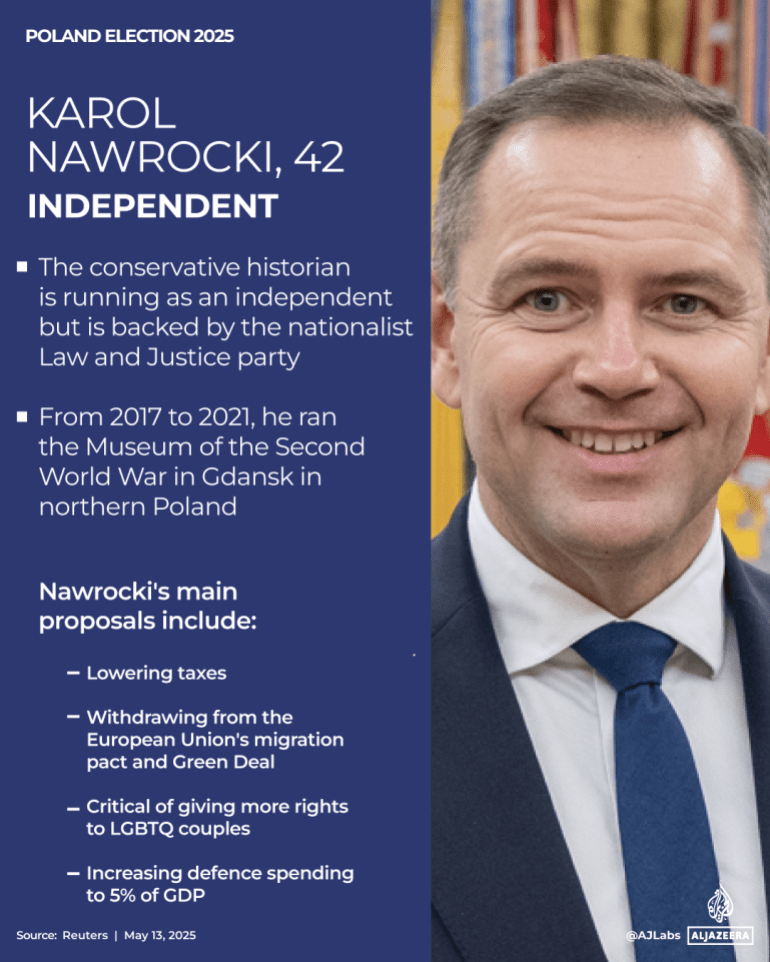
Slawomir Mentzen
Mentzen, 38, is a far-right entrepreneur who leads the New Hope party, a member of the Confederation coalition. He has degrees in economics and physics; owns a brewery in Torun; runs a tax advisory firm; and is critical of government regulation, wishing for significant tax cuts.
Mentzen has used social media platforms to connect with younger voters.
He believes that Poland should not take sides in the Russia-Ukraine war. He wants to ensure the Polish constitution overrides EU laws and wishes to withdraw from the EU Green Deal. He opposes LGBTQ rights and opposes abortion, even in cases of rape.
Ahead of the 2019 election for the European Parliament, he said: “We don’t want Jews, homosexuals, abortion, taxes or the European Union.” Since then, he has tried to distance himself from this statement.
While Poland offers free higher education, Mentzen dropped in opinion polls after he advocated for tuition fees in state schools in late March.
Szymon Holownia
Holownia, 48, is a former journalist and television personality-turned-politician. He is the speaker, or marshal, of the lower house of parliament, the Sejm.
In 2020, he founded a centrist movement called Polska 2050, which burgeoned into a party and ended up joining Tusk’s coalition.
Holownia wishes to promote regional development alongside better access to affordable housing and improving the public transport system. He says he wants to reduce bureaucracy, support Polish businesses and develop Poland’s domestic arms production capabilities.
Other candidates
Three leftist candidates are also running the election including Deputy Senate Speaker Magdalena Biejat, 43, an advocate for women’s rights, minority rights, affordable housing and abortion access; Adrian Zandberg, 45, who has made similar promises to Biejat; and academic and lawmaker Joanna Senyszyn, a former member of the Polish United Workers’ Party.
Other candidates include far-right Grzegorz Braun, who was pilloried globally for using a fire extinguisher to put out Hanukkah candles in parliament in 2023, and journalist and YouTuber Krzysztof Stanowski, 42, who does not have a political programme and wants to show Poles behind the scenes of the campaign while raising money for charity.
What do the opinion polls say?
As of May 12, Trzaskowski was in the lead with the support of 31 percent of voters, according to Politico’s polling aggregate. Nawrocki was in second place with 25 percent, while Mentzen had 13 percent and Holownia had 7 percent.
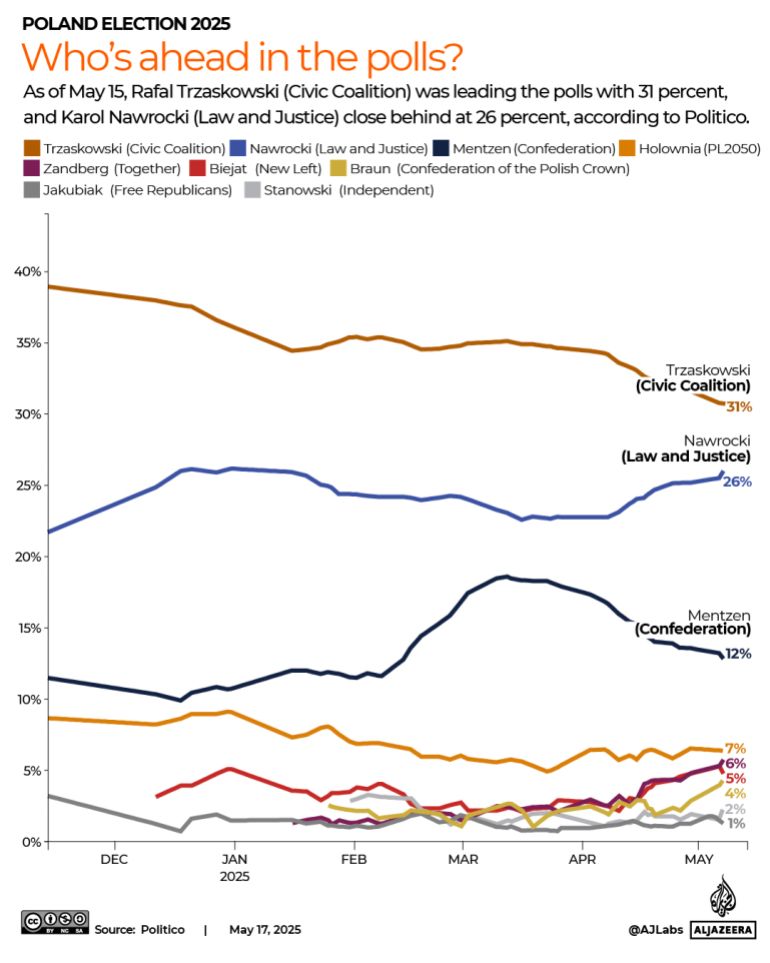
When will we know the results?
As soon as polls close, Ipsos will release an exit poll based on surveys undertaken at 500 randomly selected polling stations. While this is not the official result, it is expected to be highly indicative of which way the vote is going. Partial results may start to emerge on Sunday night or Monday.
In Poland, voting always takes place on a Sunday. In 2020, the official results for the first round of voting were confirmed on Tuesday morning.
What is the election interference controversy about?
On Wednesday, Poland said it had uncovered a possible election interference attempt via advertisements on Facebook.
“The NASK Disinformation Analysis Center has identified political ads on the Facebook platform that may be financed from abroad. The materials were displayed in Poland,” according to a statement by NASK, which is Poland’s national research institute dealing with cybersecurity. “The advertising accounts involved in the campaign spent more on political materials in the last seven days than any election committee.”
The NASK statement did not specify which countries’ financial backers of the campaign were believed to be based in. Fears of Russian election interference are high in Europe after Romania declared a do-over of its November presidential election after reports emerged of alleged Russian election interference. The first round of the repeat election took place on May 4, with the second round due to happen on May 18. This was after far-right politician Calin Georgescu, who was polling in single digits during the campaign, surprisingly emerged victorious.

